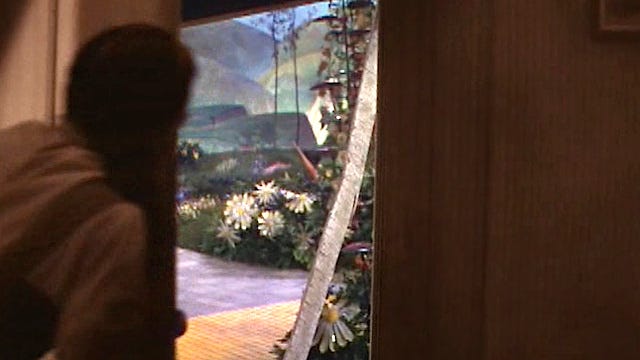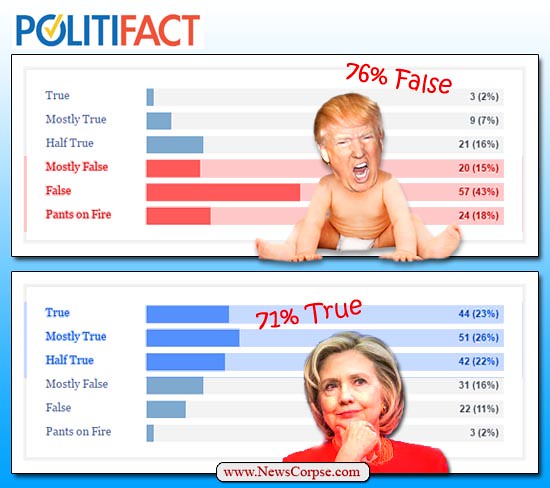Twin Peaks is a revolutionary show that demonstrated the power of television. Television was always thought of as episodic. Now that may seem obvious, but I more mean the way in which many shows, even today, have self contained narratives. Episodic. Twin Peaks decided to use the long form narrative television can provide through many many hours of watching as opposed to a movie where everything has to be solved in a few hours. With the continuously looming question (up until mid way through the second season) who killed Laura Palmer? This one question glued viewers to their televisions for a little over a year. Ever since it has remained a cult sensation and despite its age, has held a consistent fan base.
Twin Peaks is far from the ‘normal’ show, it draws on familiar elements, but just presents them differently, in a more appealing package. There’s no denying the presence of both melodrama and the influence of soap operas. According to Wikipedia a soap opera “is a serial drama on television or radio which examines the lives of many character, usually focusing on emotional relationships to the point of melodrama.” It's a form that's been present in media since the 1930’s, but Twin Peaks pushes the boundaries of all these elements. In a way it parodies soap operas, but it also fully embraces the sopie art style. Consistent long shots, greatly exaggerated reactions to events, and undeniably quirky humor all contribute to the hypnotizing athletic Lynch created.
I looked at a few sources to try and make some greater sense of Twin Peaks and explore how it is a soap opera.
“Twin Peaks: Surrealism, Fandom, Usenet and X-ray Television” has a comprehensive and mostly self explanatory title. Throughout, the writer not only draws from his own opinions, but relates it to the opinions of others. This gives this peice great perspective, and it encompases a wide array of thoughts and ideas from many different people. One of the main points the article tries to make is how we as the audience have to interact with Twin Peaks. We cannot simply watch and walk away, we have to analyze it. This feeds right into the nature of a soap opera, because, as explained in this article, soap operas often make us turn inward and examine our own lives. It’s hyperreal. Lynch’s vision was to create a world where we’d go for an hour every week; something we’d feel in our hearts. In essence we were a character in twin peaks, involved in the highly emotional narratives, yet constantly tugged between our two worlds, and ultimately realizing a piece of our lives continues once a week. The use of very good and very evil characters traditionally associated with melodrama pull us in. And again, the open ended nature of the show, as also explained in this article, demands we examine ourselves, our world, outside of Twin Peaks. Connelly (the author of this article) suggests that through surrealism Twin Peaks explored the quirks of the human mind, and used this to expand the viewer's imagination. This not only gave Twin Peaks its aesthetic, but it's soap opera nature as well. Constantly clouding the boundaries between the real, unreal, and surreal is how the nature of soap and surrealism shaped the show.
John Kenneth Muir reflects on Twin Peaks talking particularly about its soap opera and melodramatic satirization. Like all great soap operas musical score is used to enhance every scene, every emotion, and at its heart over exaggerate every moment. Accent it, really. Twin Peaks follows suit by using it specifically to form a sort of hyper reality. The author of this article attempts to examine soap elements through a few specific moments. This is good because we get a few good examples and demonstrations of how exactly Twin Peaks is not only breaking the mold, but exercising its melodramatic nature. One of the bigger points of focus is the humor and how it is exposed in the most tragic of circumstances. For example, in the first episode when the sheriff has to inform Laura Palmer’s parents of her death, the father is on the phone with the mother and when he hears the news he drops the phone. Instead of seeing reactions from others, like the parents, we are simply looking at the phone, with the crying mother to be heard through it. It is a profoundly sad moment, but the way it was handled parodies soap opera. The audience can't help but see the deadpan comedy. Lynch, according to the article, uses the height of a serious moment to underline soap parody. Another obvious and great example is when the body of Laura Palmer is discovered we quickly proceed to the crying policeman who cannot stand the sight of the body. He even has to be sent away to wipe up his tears. The contrast between the body, the crying policeman, and the sheriff comforting the policeman create another comedic moment where it shouldn’t be found.

The last article I came across goes against the grain slightly. It suggests Twin Peaks started to fall flat at the start of the second season. Most believe it was when the murderer was discovered, but this is something different. The article says how the show had a reputation for consistency in the first season, but when it came time for the second it started to falter. The plot was the greatest thing that suffered, instead of being a surreal experience with a continuingly interesting plot it became just a series of moments with no substance. Its underlying motivation was lost and therefore its side plots faltered. In the most ironic twist, the show known for parodying soap operas became one itself. It no longer had the almost self awareness it once had. Although this article is less polished despite its mainstream publication, it brings up an interesting point. At least something worth talking about since there’s a true abundance of material outright suggesting the great show. It doesn’t back up its claims with undeniable information, but it is food for thought.
The first article we looked at used a more factual background to back up its claims. It had long citations, and quotes supporting its main points, all the while remaining interesting. The second article is just a blog, but uses examples from the show to demonstrate its point. This last article presents compelling information more so because it is not often hear, but doesn’t support its claims beyond a generalized standpoint. Regardless of your thoughts on Twin Peaks, it certainly had an influence. It used familiar elements we’ve all seen in television and gave it an injection of weirdness. Its quirks are its charm, its humor separates it, and above all it is a soap opera.
Sources









